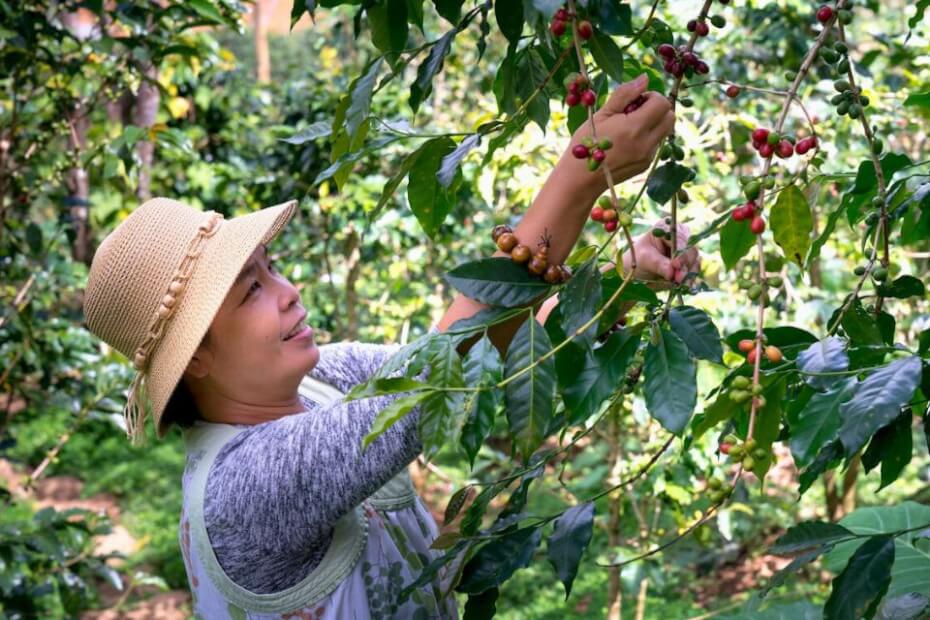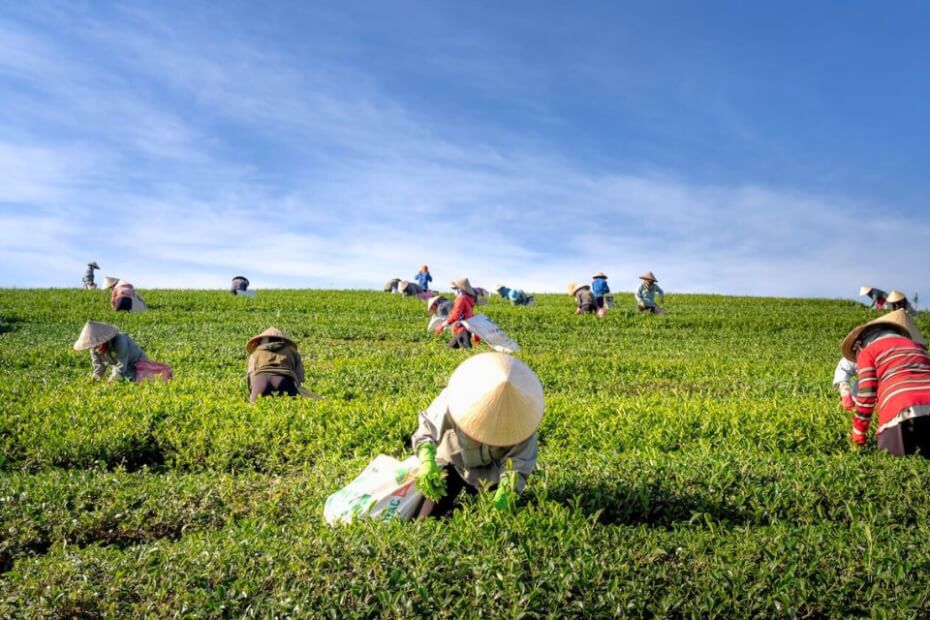
The United Kingdom’s (UK’s) Migration Advisory Committee (MAC) has recommended making the UK’s Seasonal Worker visa more flexible.
The MAC review, published on 16 July, stated that a more flexible Seasonal Worker visa route would make it easier for farmers to plan and recruit staff, reports The Standard.
The committee’s recommendations aim to solve labor shortages in agriculture and ensure the stability of the UK’s food supply.
The agriculture sector has faced significant challenges recently, including labor shortages worsened by Brexit and the COVID-19 pandemic.
The UK can ensure a steady labor supply for critical agricultural tasks by making the Seasonal Worker visa more flexible and reducing costs.
The MAC stated that to achieve flexibility, the government should shorten the “cooling-off” period from six months to three months.
It added that workers should be allowed to “work any six-month period in an individual calendar year.”
The committee also suggests more consideration for worker’s welfare and reducing the financial burden on employers and workers.
The need for a more flexible Seasonal Worker visa
The Seasonal Worker visa currently allows workers to stay in the UK for up to six months.
However, the MAC has noted that this period is often insufficient for employers in the agriculture sector.
Many food businesses in the UK depend heavily on seasonal labor for tasks such as harvesting crops.
The committee has proposed extending the duration of the visa and making it easier for workers to return for subsequent seasons.
Professor Brian Bell, chair of the MAC, emphasized the importance of having a more flexible visa system to better meet the agricultural industry’s needs.
“It is challenging for the agricultural sector to recruit domestic workers on a seasonal level,” Bell said.
Bell urged the UK government to confirm seasonal workers’ visa allocations each year on a rolling basis.
This is so the industry would know years in advance if the scheme were to be closed.
Better seasonal workers’ welfare and pay

The MAC also highlighted the importance of improving working conditions for seasonal workers.
This includes ensuring fair wages, adequate housing, and access to healthcare.
By enhancing the overall experience for migrant workers, the UK hopes to attract a more reliable and motivated workforce.
Professor Bell stated that the government must consider workers’ welfare and pay more.
“More transparency and communication is key in combating any potential exploitation,” the MAC chair stated.
The MAC review stated that the government and employers need to better inform workers about their legal rights.
It stressed that the government should enforce these rights through proactive inspections.
The committee also recommended simplifying the process for workers to get income tax refunds and opt out of automatic pension enrollment.
Reducing the financial burden on seasonal workers
The MAC also recommended reducing the financial burden on both employers and workers.
The committee suggested that the UK food sector should cover upfront costs for migrant workers, such as visa fees and travel expenses, reported The Financial Times.
It revealed that seasonal workers in the UK are often at risk of debt bondage.
This is due to borrowing money to cover the costs of flights and visas without having a clear idea of how much they will earn.
The MAC urged the government to provide more certainty over how much seasonal workers earn.
It called for at least two months’ pay guaranteed to ensure they can recover the high costs of coming to the UK.
The committee also urged the industry to swiftly adopt the “employer pays principle.”
This would require employers to cover recruitment and relocation costs instead of workers.
Government response to MAC’s recommendations

Workers’ rights advocates praised the MAC’s recommendations, urging the government to pay attention to them.
The UK Government has welcomed the MAC’s recommendations and is carefully considering them.
The Home Office has stated that it is committed to supporting the agricultural sector, ensuring farmers have access to the labor they need.
“We thank the Migration Advisory Committee for their report and will carefully consider their findings and respond in due course,” a government spokesperson said.
The UK Government previously announced that the Seasonal Worker visa will be extended until 2029.
However, it will lessen the number of slots available in the route over time, encouraging farmers to use automation more.
Before the general election on 4 July, Labour promised to reform the immigration system to reduce reliance on overseas workers.
They proposed that employers’ visa access would depend on their efforts to train UK workers.
However, since taking office, the Labour government has not proposed any changes to the Seasonal Worker visa route.
Future outlook of the Seasonal Worker visa
The UK Government initially offered the Seasonal Worker visa in 2019 with 2,500 visas for non-EU workers.
After Brexit, this increased to 30,000 visas in 2022. However, former Prime Minister Boris Johnson pledged to reduce these numbers from 2023 due to concerns about misuse.
There will be 45,000 Seasonal Worker visas available in 2025. However, it is still unclear if it will continue or how many slots will be available after 2029.
Still, more flexibility in the UK’s Seasonal Worker visa is a promising step toward addressing labor shortages and ensuring food security.
Extending visa duration, reducing financial burdens, and improving working conditions can help the UK attract more seasonal workers.
‘These changes are expected to provide much-needed support to farmers and help ensure a steady labor supply for seasonal tasks.
The future of the UK’s food supply and the well-being of seasonal workers hinges on the government’s response to these recommendations.

